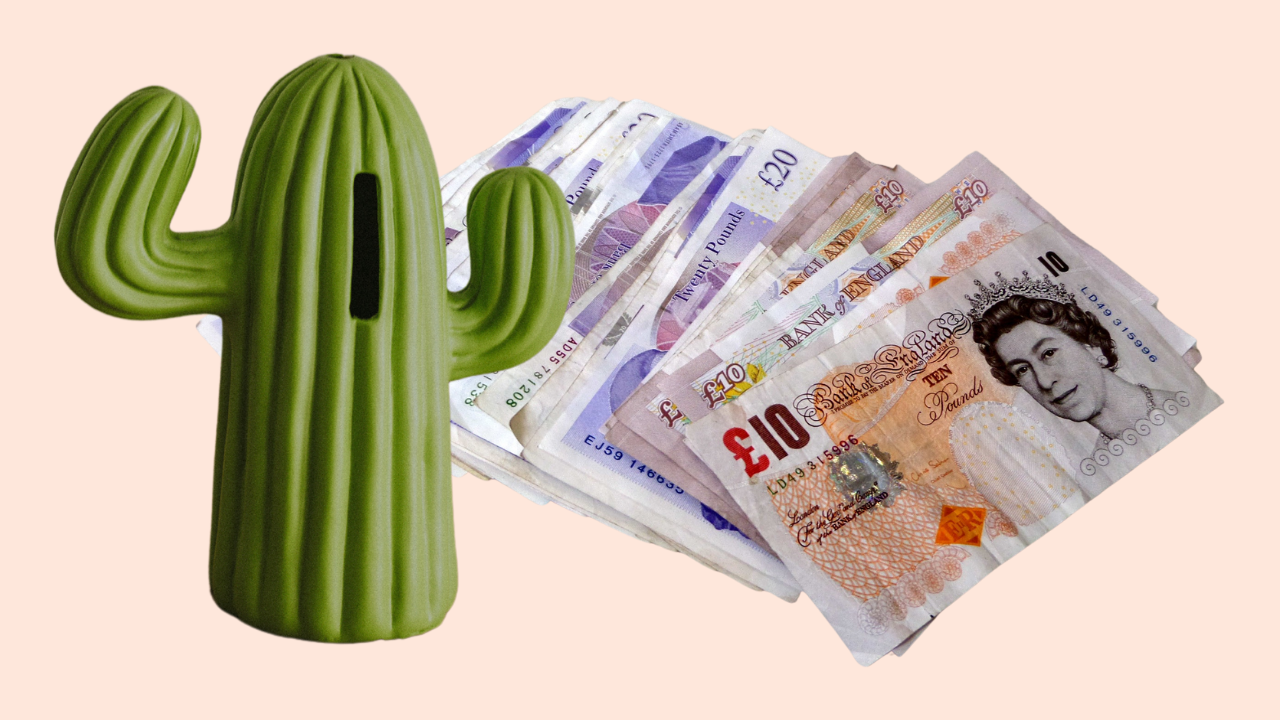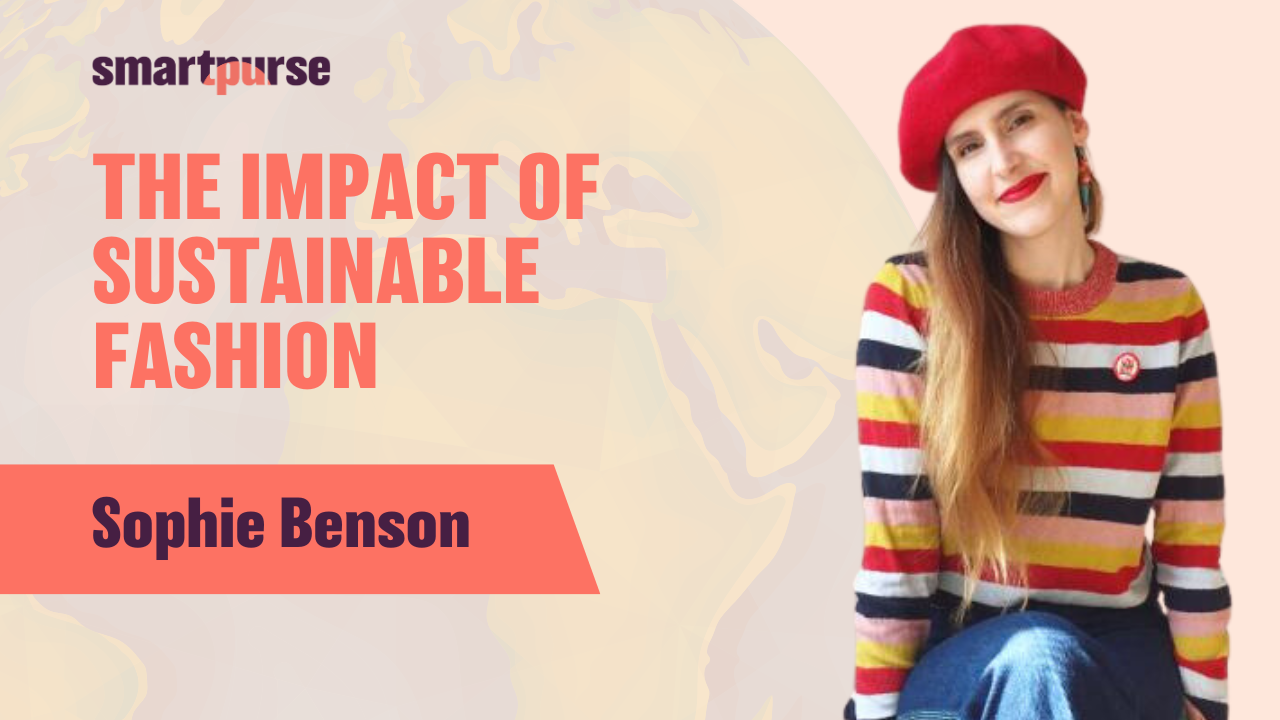Invest in our planet, invest in your future
Is pension planning in a drawer marked 'future' for you? It is for many, but now is the perfect time to take it out and look again. Not just because April is the start of the new financial year, so you may have new allowances to put to good use, but also because how your pension is invested can impact the planet for years and years and years.
In fact, making your pension greener would be 21 times more effective at cutting your carbon than becoming vegetarian, giving up flying and changing your energy provider combined, according to the Make My Money Mattercampaign. Just think about that for a moment.
 At the end of 2021, global pension funds were estimated to be worth US$60tn, an amount of money invested in companies and projects that work to ensure the planet's future, which could significantly impact climate change. But only if we all take the time to look at our pension funds to be sure they are invested sustainably.
At the end of 2021, global pension funds were estimated to be worth US$60tn, an amount of money invested in companies and projects that work to ensure the planet's future, which could significantly impact climate change. But only if we all take the time to look at our pension funds to be sure they are invested sustainably.
Actions you can take:
🌎 Review where your pension is currently invested – you should have a statement listing the funds in place. Many providers also have an online portal where you can see the breakdown.
🌎 Do some research on exactly where funds are invested. Some pension providers invest in other funds, which, in turn, support companies negatively impacting the planet.
🌎 Research the complete list of funds to choose from – can you switch to ones described as 'ethical', ' sustainable', or 'green.'
🌎 Arrange a review with an IFA for advice on how switching to a green investment strategy will impact your retirement plans.
🌎 Use your voice by asking your fund manager or pension provider to encourage policy changes in the organisations they invest in. It will make a difference if they favour organisations working towards net-zero, B-corp or other sustainable activities.
🌎 Moving away from a tracker into a fund that takes its mission as a stakeholder seriously is the positive first step towards effective change.
ESG scores – a handy tool for sustainable investment
Did you know there is a scoring system for investment funds and companies?
Investors and fund managers assess companies they consider based on environmental, social and corporate governance (ESG) criteria. These could include clean technology, policies regarding pollution, conservation and use of natural resources.

The company structure is also important – for example, how diverse is the board of directors? Socially, how does the company treat its workforce?
ESG categories are scored by various third parties, and adding these up will give you an idea of which firms tick the right boxes.
Sustainable investment should also result in good financial performance. So, if you're looking to switch your portfolio to a more sustainable mix, ESG scores can be helpful, but watch out - some scores are based on publicly available information regarding environmental, social and corporate governance, which actually bypasses the product the company makes!
A great score might mean something other than a sustainable central business model.
Ethical vs Sustainable – do you know the difference?
Every purchase we make has an impact, not just on our finances but also on the environment and society. To truly care about issues such as climate change, pollution, and fair working practices, we need to shift our consumer mindset to one that values the impact of each purchase. By taking a moment to understand the potential impact of our choices, we can make more informed decisions and create a better future for ourselves and the planet. It's time to make every purchase count.

A sustainable product may be:
🌱 Made from sustainable materials - produced without pesticides or will decompose over a shorter timespan
🌱 Made and sold locally, so have a lower carbon footprint
🌱 More suitable for reuse or recycling than alternatives may not
🌱 Higher quality, so it last longer and won't need replacing as often
What about ethical spending? Well, that's more concerned with the company's practices in relation to the wider world:
🪡 What are the products made of – and what are the practices of the whole supply chain?
🪡 How will the end product be used?
🪡 Has it been tested on animals?
🪡 What are working conditions and wages like for their people?
🪡 Are they committed to working with charities?
🪡 Do they create job opportunities for underprivileged communities?

It is a broader field, but surely a company that wants to do good in the world is worth a second look.
So, next time you plan some spending, consider the company that brought it to you. You can check their website for ethical and sustainable policies or look for some of the recognised credentials such as B-Corp or ISO standards.
A sustainable or ethical purchase may often cost more, but if it lasts longer and has less impact on the planet, indeed, that's worth the extra cost.
Live webinar: The Impact of Sustainable Fashion
Join us on April 19th at 7:30pm UK time for an exciting live webinar featuring Sophie Benson, a freelance journalist focusing on sustainable fashion, environmental issues, and consumerism. Sophie will reveal valuable insights on how you can shop sustainably while positively impacting both the planet and your wallet.

This exclusive webinar is free for our Premium users and just £4.50 for everyone else. As an added bonus, purchasing access to the webinar will grant you one month of free access to our Money School.